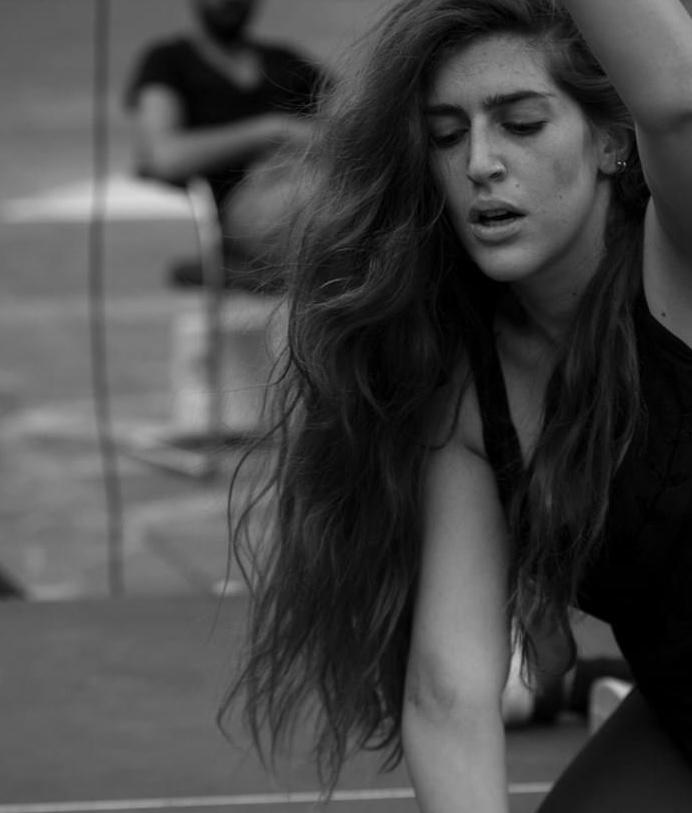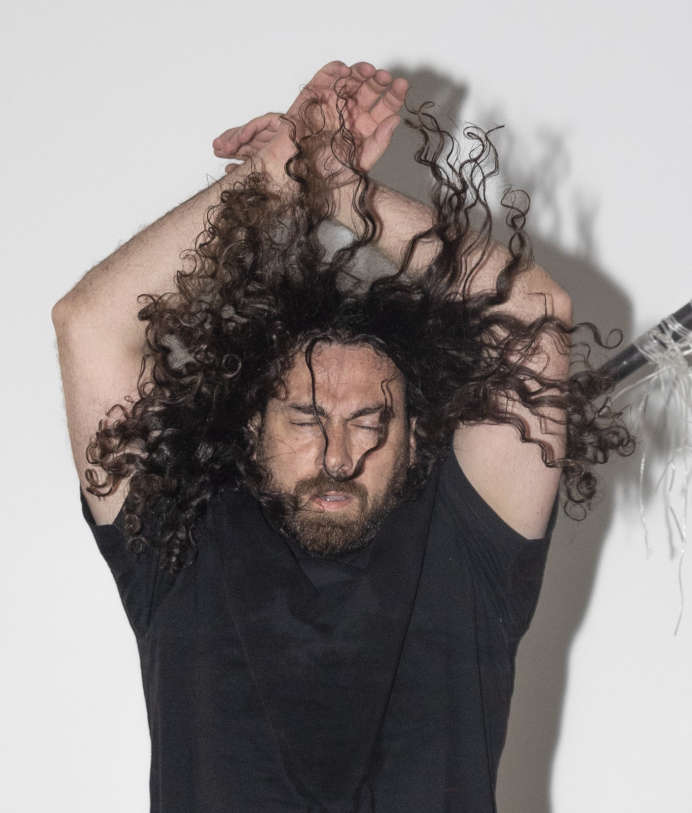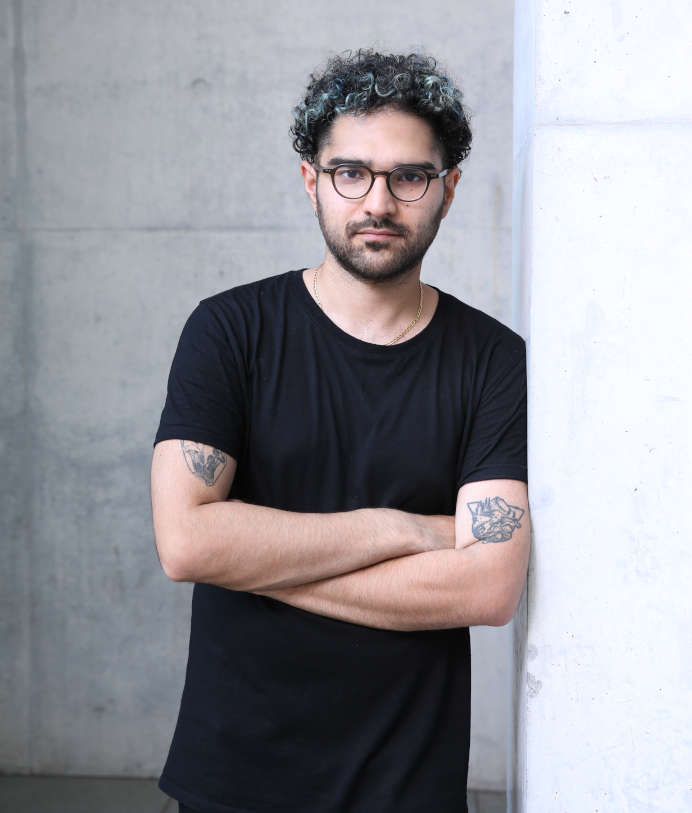„Look at the troubles happening in our world!
Anarchy-discontent-upheaval!
Desperate fights over territory, water, and food!
Poisend air! Unhappiness!
I fear we are lost. We must do something!
I have seen the world. I know many secrets.
Listen to me: I know of a king who has all answers. We must go and find him.“
The Conference of the Birds by Peter Sis, London 2012
So spricht der Wiedehopf zu den Vögeln der Welt. Er ermutigt sie, sich mit ihm gemeinsam auf den Weg zu machen, um den König zu suchen, der alle Antworten auf die uns bedrückenden Fragen kennt, den Simorgh, der hinter dem Berg Qaf lebt.
Soll ich die Reise auf mich nehmen? Das fragt sich ein jeder Vogel, wie die Ente, die ihren Fluss nicht verlassen will, der Papagei, der die Sicherheit seines Käfigs nicht aufgeben will und die Eule, die es liebt Schätze in alten Gemäuern zu suchen. Am Ende brechen die Vögel der Welt trotz aller Bedenken auf.
Die Reise ist lang und beschwerlich. Durch sieben Täler und über sieben Berge fliegen sie unter großen Entbehrungen. und Am Ende kommen nur 30 Vögel an und stellen fest: Der Simorgh, das sind sie selbst. Die Antwort liegt in uns und unserem Engagement.
Mit diesem berühmten Versepos des persischen Dichters Farīd al-Dīn ʿAṭṭār (1136-1221) setzen sich Ebaa Munter aus Palästina, Niki Yagmaee Iran und Fadi Aljabour aus Syrien und Fydor Stepanov aus Russland in einer zweiwöchigen Residenz im Allgäu auseinander.
Ein Dialog zwischen vier Künstler:innen, die alle aus Ländern kommen, in denen es nicht einfach ist, als Künstler:in zu überleben und sich weiter zu entwickeln. Die gemeinsame Auseinandersetzung mit diesem wichtigen Thema durch Gespräche, Musik und Bewegung überwindet Grenzen und plädiert für die Verantwortung eines jeden Einzelnen, sich unabhängig von Kultur und Politik auf einer zutiefst menschlichen Ebene um Frieden und Versöhnung zu bemühen.
„Which matters more, the body or the soul, behold: Desire and journey to the whole.”—Farīd al-Dīn ʿAṭṭār: The Conference of the Birds.
Das Projekt ist eine Kooperation zwischen Goethe im Exil und Ipso gGmbH.
Leitung des Projektes: Inge Missmahl
Teilnehmer
Ebaa Monther

born in Golan Heights in 1993 and currently based in Berlin, is a multifaceted performer, actress, musician, and creator. She obtained her bachelor’s degree in theatre from Haifa University in 2016 and further pursued her passion by earning a master’s degree in performing arts from Tel Aviv University in 2018.
Identifying herself as „the mountain girl who performs,“ Ebaa draws inspiration from her upbringing surrounded by the mountains and animals of Golan Heights. These elements are deeply ingrained in her memory through folkloric songs and fairytales, forming the foundation of her identity and sense of belonging. Through her performances, she not only showcases her unique musical and artistic style but also amplifies the voices and experiences of women.
Ebaa’s journey with singing, acting, and music commenced in her early years in Majdal Shams, Occupied Syrian Golan, where her family’s influence sparked her interest in piano and theatre performance. As she delved into her university studies focusing on theatre and performance art, her musical approach evolved to view songs as integrated performance pieces, enriching her creative expression.
(* 1980 in Damascus), currently residing in Berlin, is an interdisciplinary artist, who explores the interconnectedness of the evolution of opposing concepts. Through his art, he challenges established perspectives, creating situations that offer the opportunity for deeper understanding and reflection.
His diverse works span performance, sculpture, and video installations, showcasing versatile techniques and materials. Aljabour works have been exhibited at Kindl, Berlin 2023 ; Documenta 15, Kassel 2022 ; Ethnologisches Museum, Berlin 2022; Gallery im Körnerpark, Berlin 2022; Brücke Museum, Berlin 2021; nGbK, Berlin 2021; Sophiensaele, Berlin 2019; Akademie der Künste, Berlin 2018; Herbst Salon,Gorki Theater, Berlin 2017; Schwules Museum, Berlin 2013; P21 Gallery, London 2013.
Fadi Aljabour

Niki Yaghmae

an Iranian multi-instrumentalist, commenced his musical journey in 2007, specializing in the violin and viola. Having graduated with a degree in performing viola from UASTF11 Music, he has since exhibited his fusion/experimental talents on the plugged violin at live events throughout Iran, Turkey, and Europe.
Niki’s repertoire encompasses solo performances, orchestral contributions, and collaborations with ensembles. After the release of a fusion album with the „Talangor Band,“ he transitioned to producing alternative hip-hop beats featuring the violin. This transition marked a significant moment, reflecting his eagerness to explore diverse genres and techniques. Additionally, Niki established “Duos Duet,“ a violin cello duo, where he assumed roles as a musician, producer, and director. The duo embarked on their musical journey in 2017 by busking in Tehran and presenting their original compositions at various concerts. Duos Duet utilizes looping techniques to craft a unique soundscape and incorporates Iranian-rooted motifs into their music, leading the audience on a mesmerizing journey with their violin and cello.
sound artist, mainly working with field recordings and live coding. He studied composition at Jazz Institut Berlin and has many years of professional experience as a double bass player in a range of genres between classical/baroque and contemporary music. In their works the collective approaches critically the methodology of statistical data collection, which raises the question of what should be considered “normal”, “common sense” or “scientifically proofed”.
Being born in Russia to a Ukrainian family in the aftermath of the Soviet Union’s collapse and later migrating to Europe with no possibility of returning, has defined Fyodor’s work for many years, permeating it with a sense of displacement and dispossession, while also fuelling his fascination with transient, shifting identities inherent in sound. Beginning his artistic career as a jazz musician, Fyodor worked on a variety of projects ranging from classical and baroque music to experimental jazz and free improvisation. In recent years he has preferred to work on sound art or improvise in smaller groups of electro-acoustic musicians. His approach combines field recording with hand-crafted audio-processing tools in Pure Data.
Fyodor Stepanov

Hier ist ein Einblick aus der Aufführung am Montag, 22. April im ACUD Theater in Berlin: